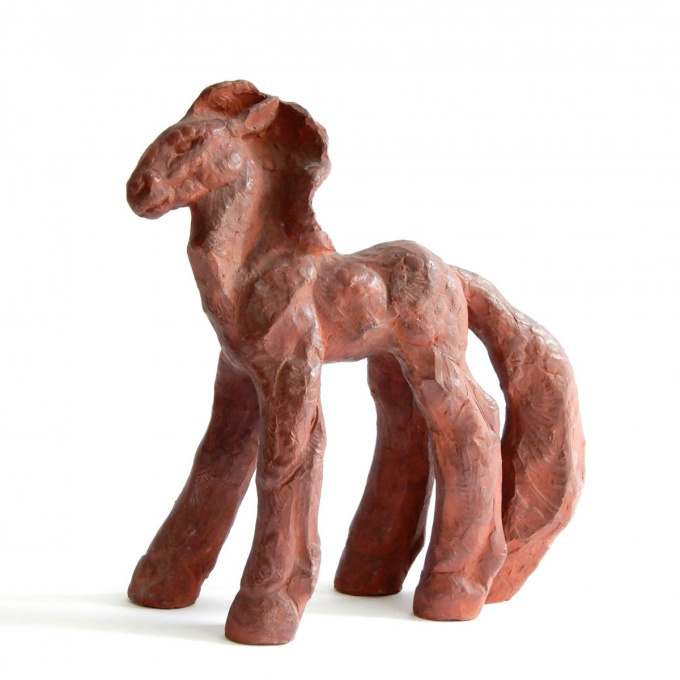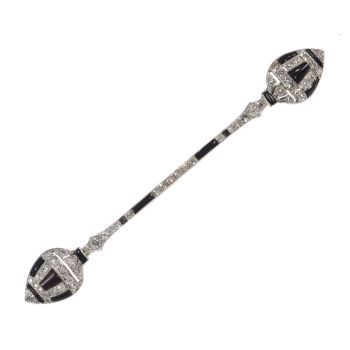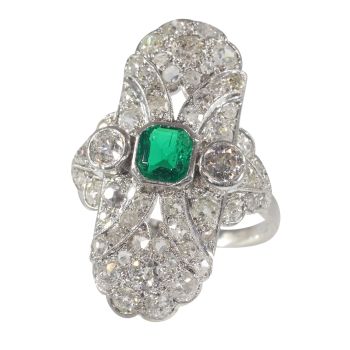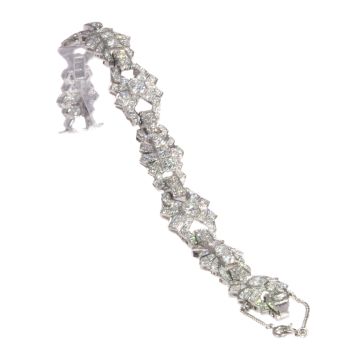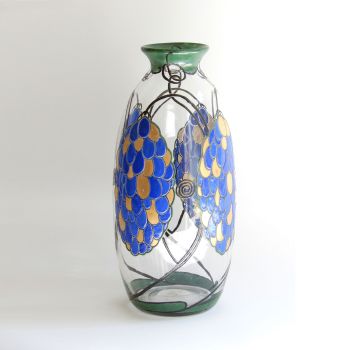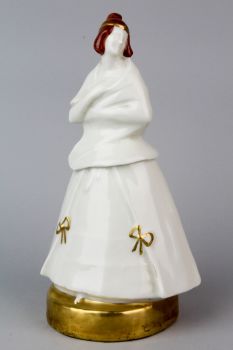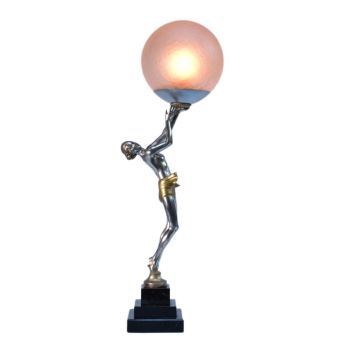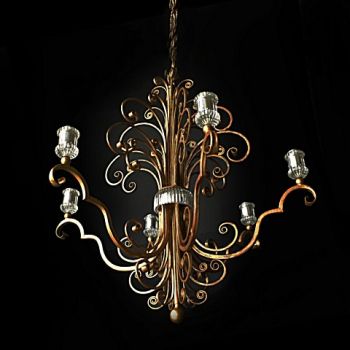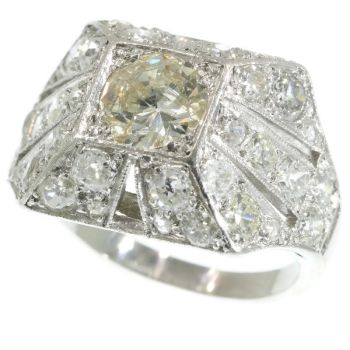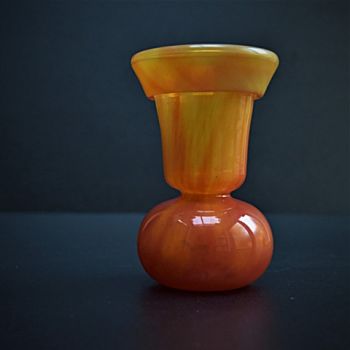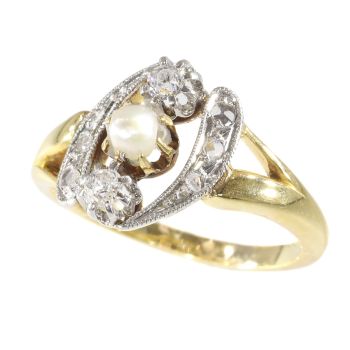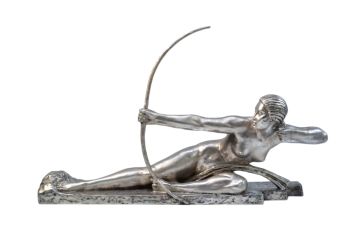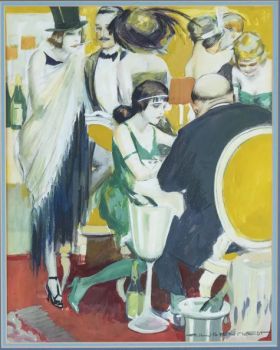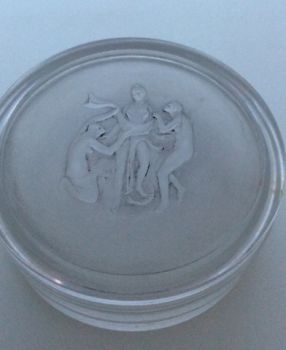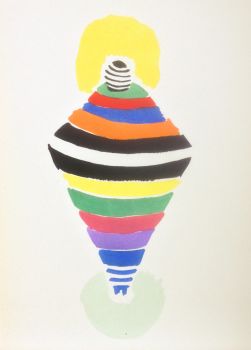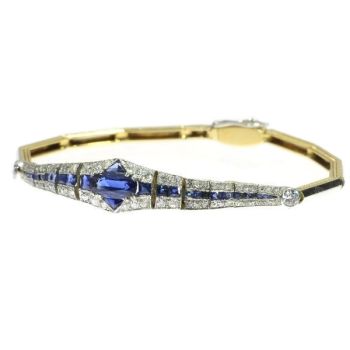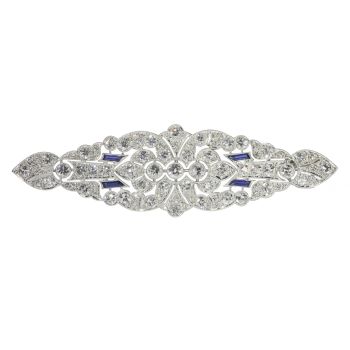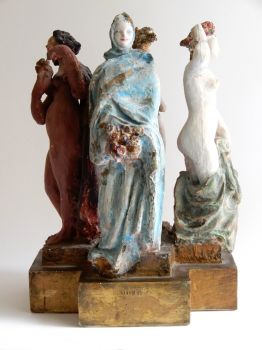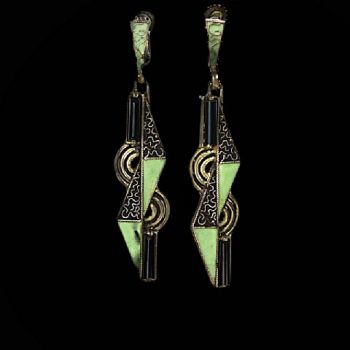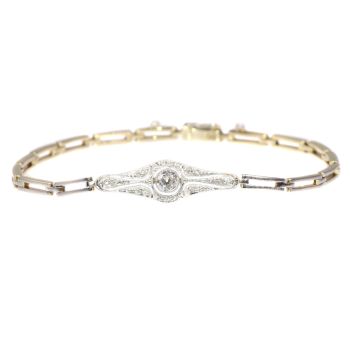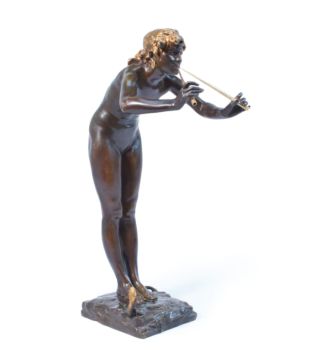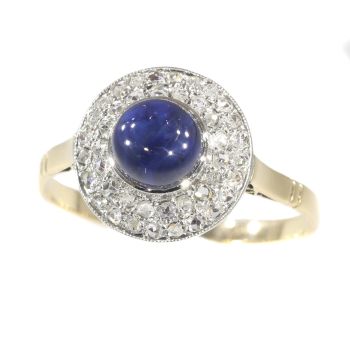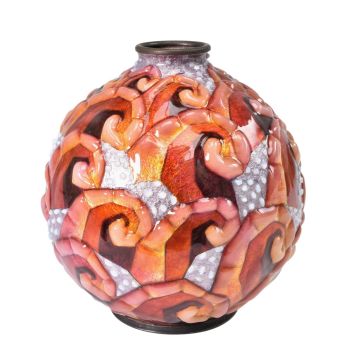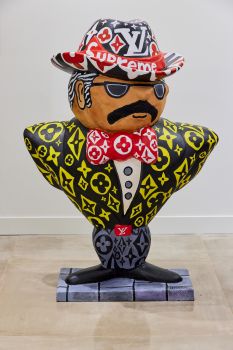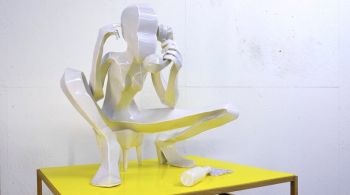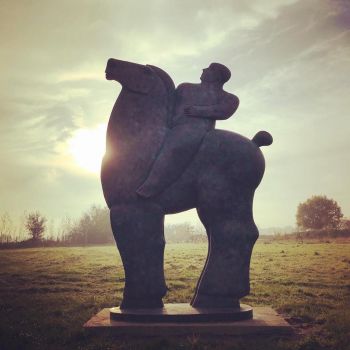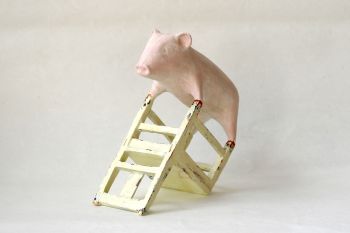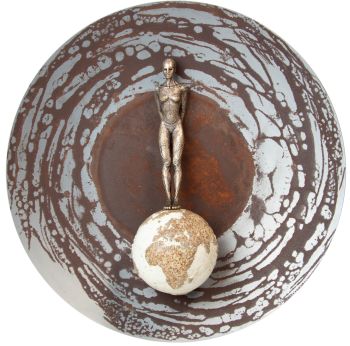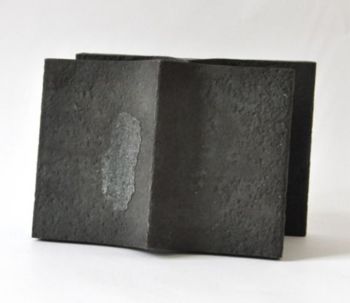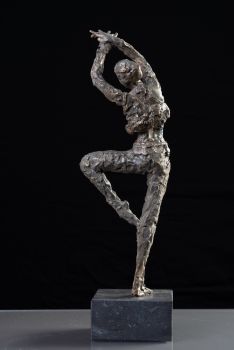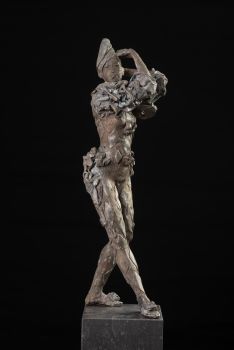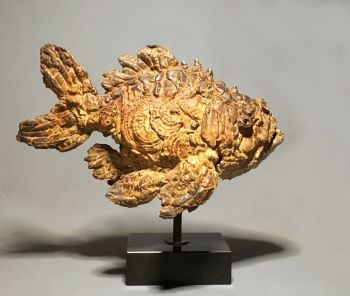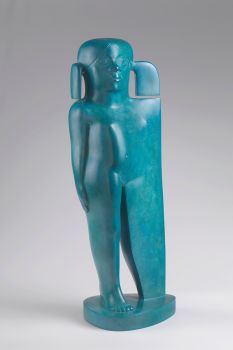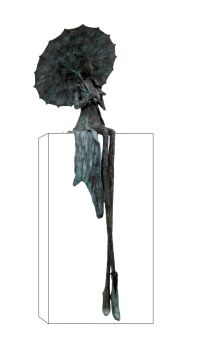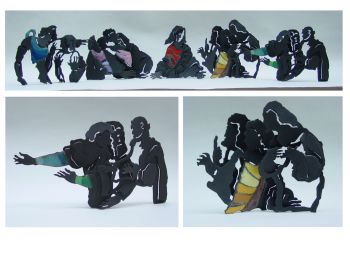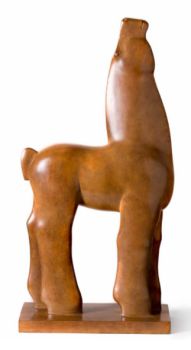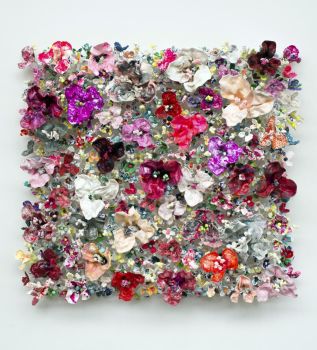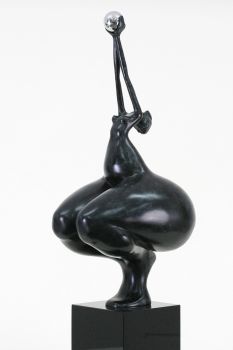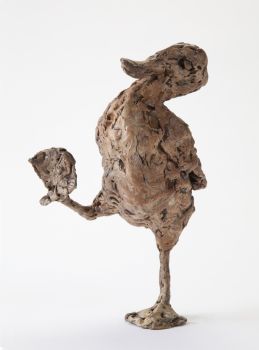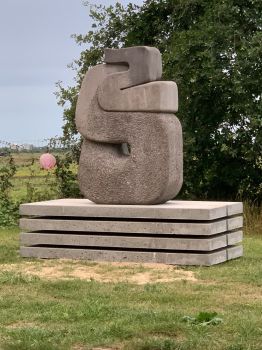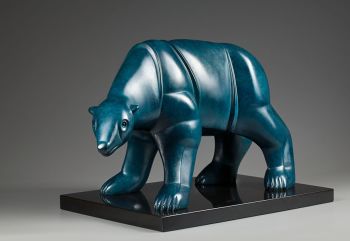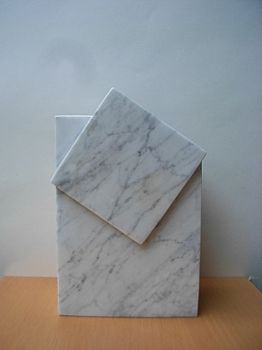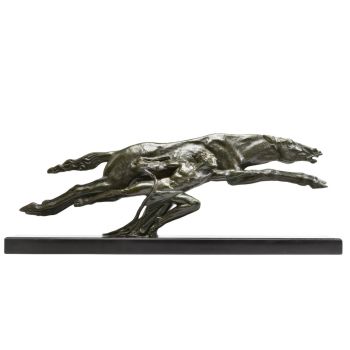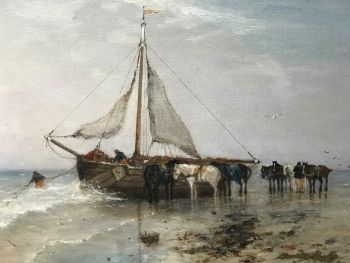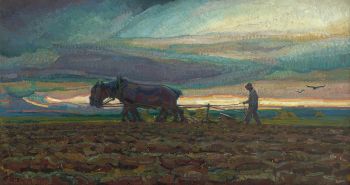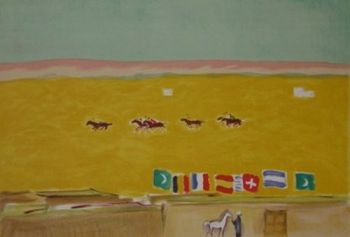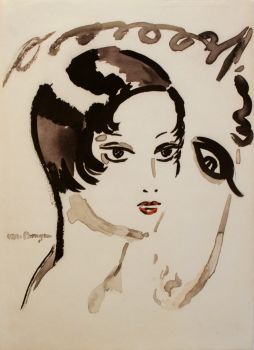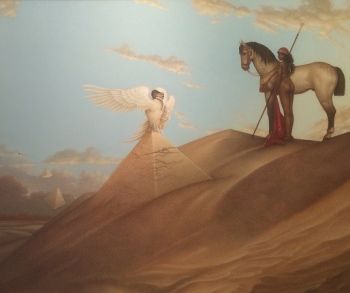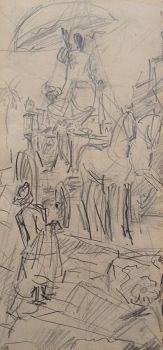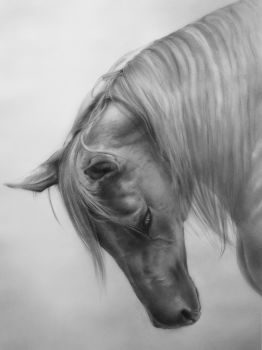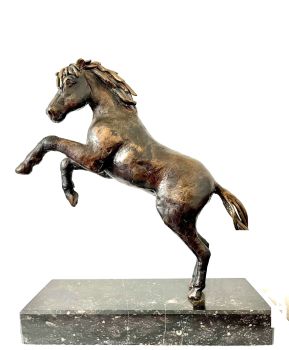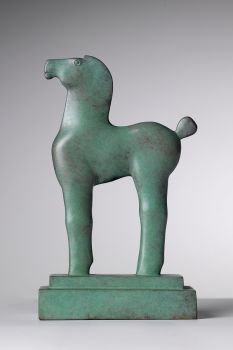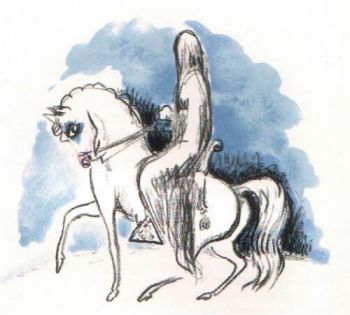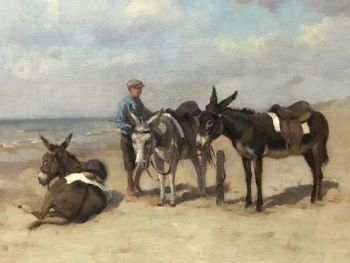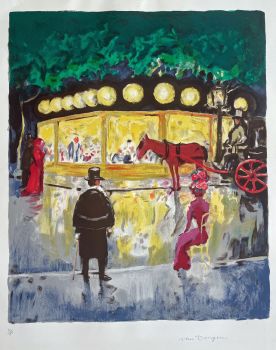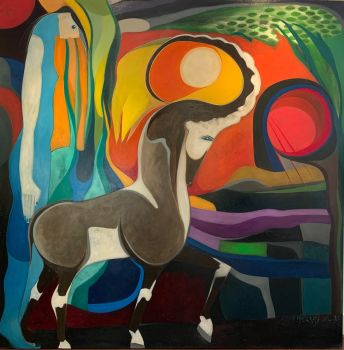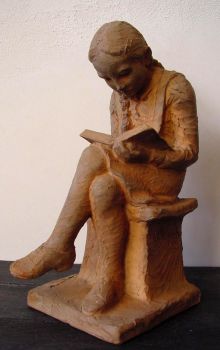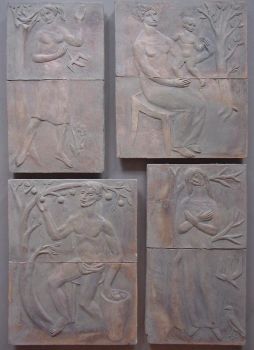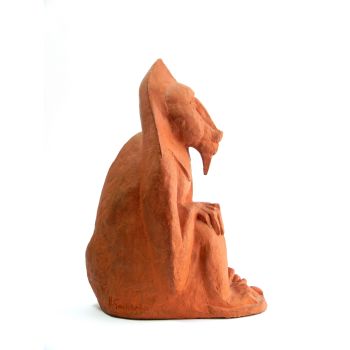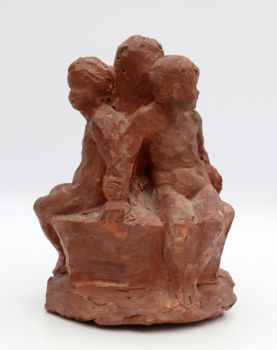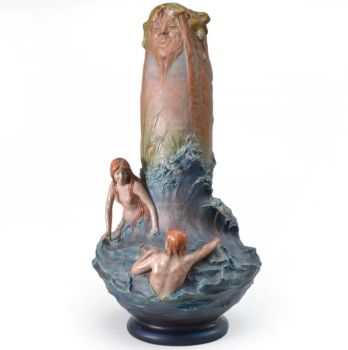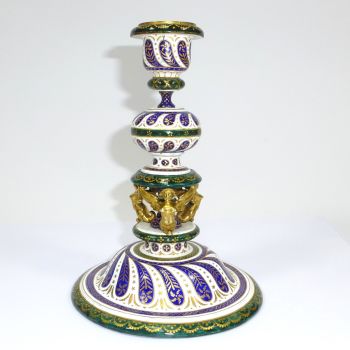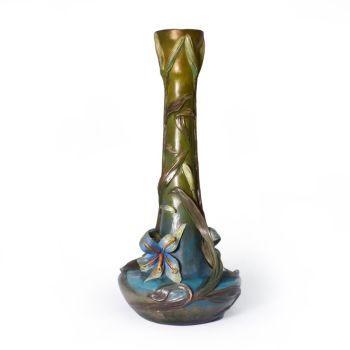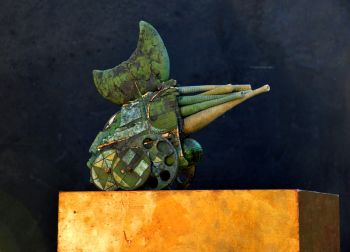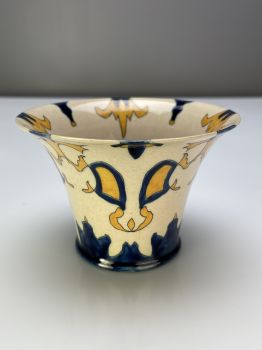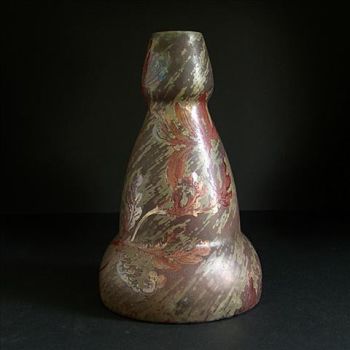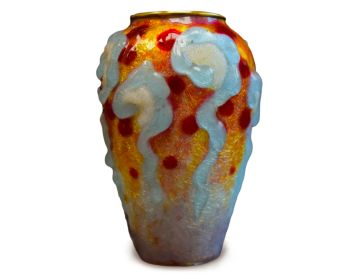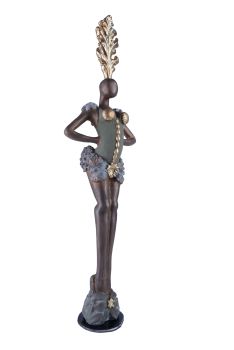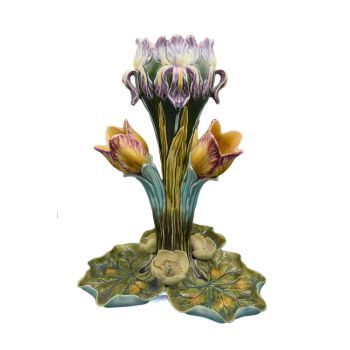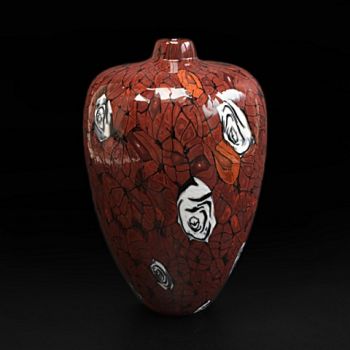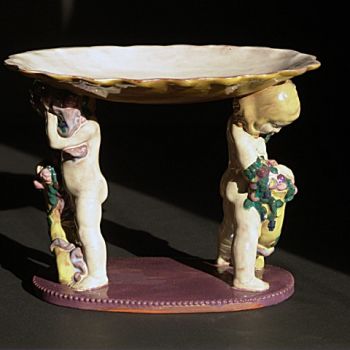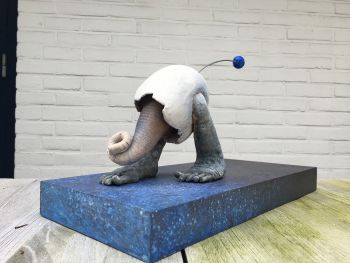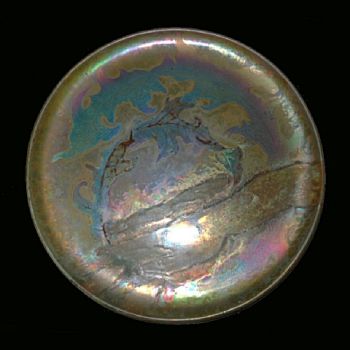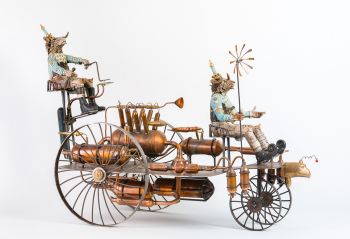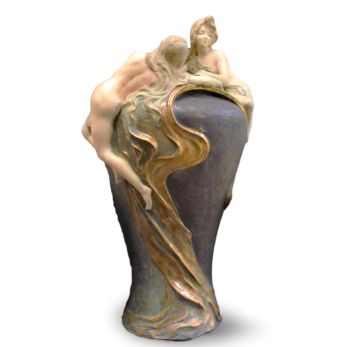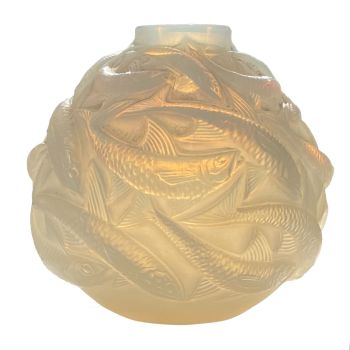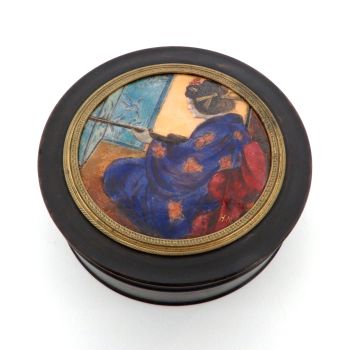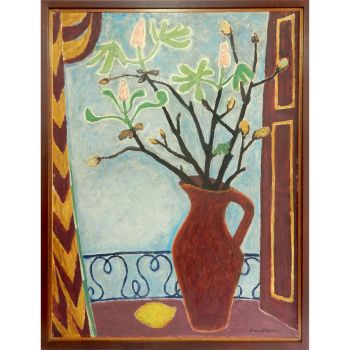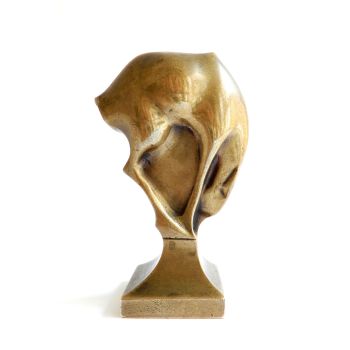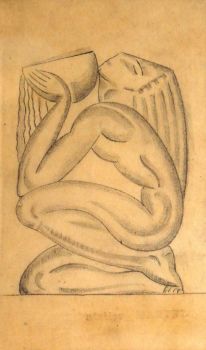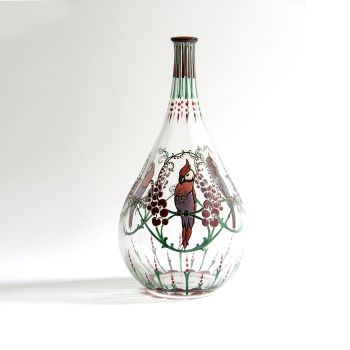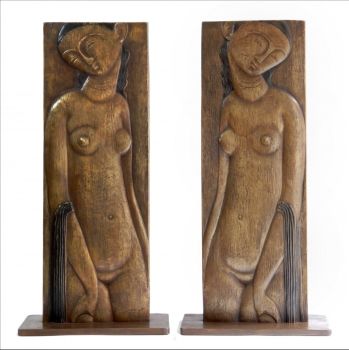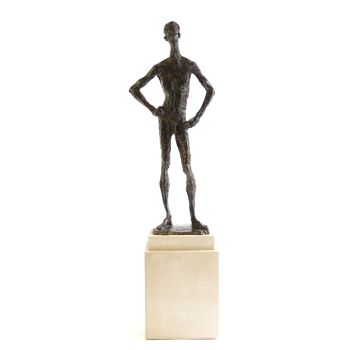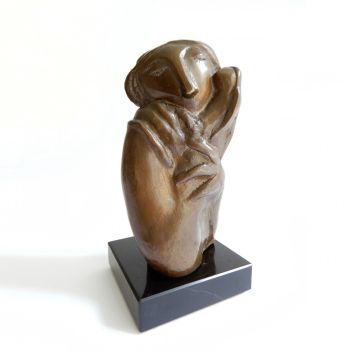Foal 1935 - 1958
Thierry van Rijswijck
TerracotaCerámico
29 ⨯ 12 ⨯ 26 cm
Precio a consultar
Dille Art
- Sobre la obra de arte
A foal, portrayed by Thierry van Ryswyck or van Rijswijck (Antwerp, 1911 - Vallauris, 1958), he has typified the foal very nicely, with the awkward jumpiness, like a foal still has. Head to the side and legs set wide with a waving tail. Yet he also stylized the animal and by letting the legs flare out, it has become a completely unique portrait of a foal. Dimensions: Length: 26cm (10.24") Width: 12.5cm (4.92") Height: 29.5cm (11.61")
- Sobre el artista
Thierry van Rijswijck or van Ryswyck, he himself signed with van Ryswyck (Antwerp 1911- Vallauris 1958), was a sculptor and ceramist and belonged to the School of Antwerp.
He was educated at the Academy of Antwerp as a pupil of the Belgian sculptor Josué Dupon, a close friend of Rembrandt Bugatti and whose monumental bronzes of animals adorned the famous Antwerp Zoo. Van Ryswyck learned his skills of sculpture and ceramics from him.
Van Ryswyck is an outspoken animalier, he carefully studied the wild animals in the Antwerp Zoo, just like Alberic Collin and Rembrandt Bugatti before him and he has portrayed many animals.
He worked mainly with bronze, plaster and terracotta, he soon received great recognition from the
art critics of the time. He was good friends with his colleagues Albéric Collin and Raymond de Meester de Betzenbroeck.In the mid 1930s he moved to Paris and regularly took part in the Salons. The Art Deco inspired him greatly, he worked in a naturalistic, stylized style. After WWII he moves to the south of France near Monte Carlo. He has also collaborated with Roger Guérin in Bouffioulx, he was also associated with the Belgian Ceramics Association; 'Cerabel', in Badour.
Van Ryswyck usually worked with plaster, terracotta or bronze, he captured many different animals, but he had a special fascination for the more exotic animals, often his animals were also young. He often wanted to portray his animals in the behavior that was typical of them. In fact, this gives each animal a very strong appearance and vitality. In addition, he also made sure that the light fell well on the fur, so that muscles or other elements also suggested movement.
He regularly visits Vallauris, the center of ceramics. Thierry Van Rijswijck died in 1958 in a car accident in Vallauris.
¿Está interesado en comprar esta obra de arte?
Artwork details
Related artworks
- 1 - 4 / 24
- 1 - 4 / 24
- 1 - 4 / 24
Klaas II Mobach
Hanna Mobach, daughter of the sculptor Klaas Mobach, reading1950 - 1970
Precio a consultarKunsthandel Pygmalion
1 - 4 / 24- 1 - 4 / 12

